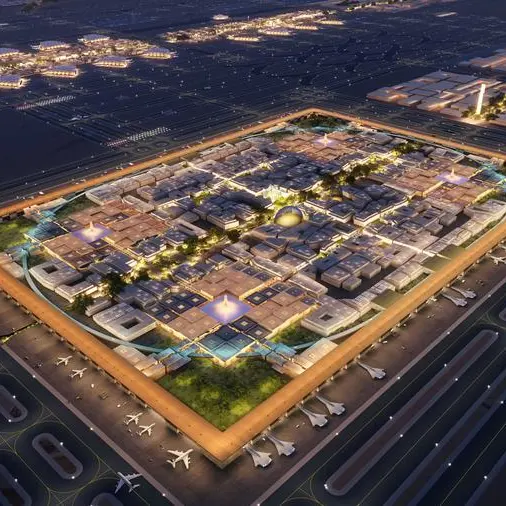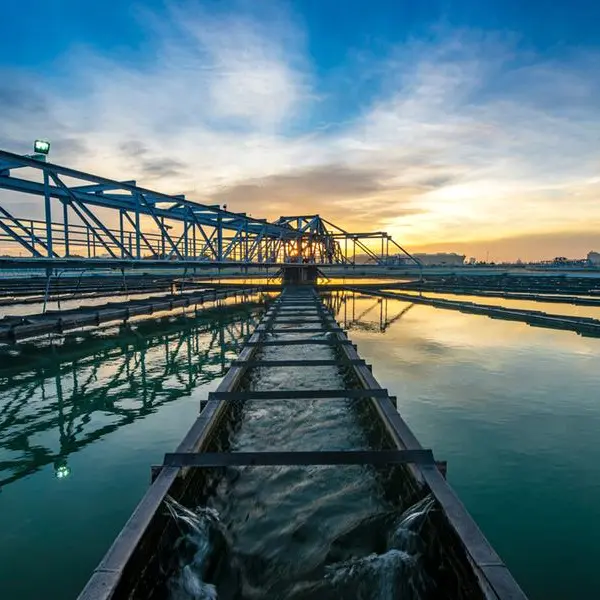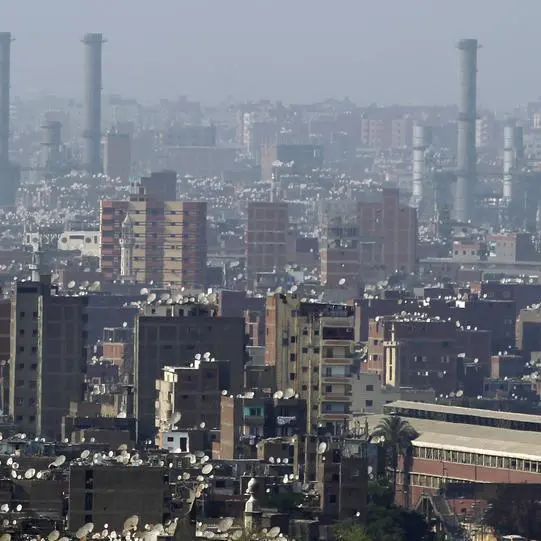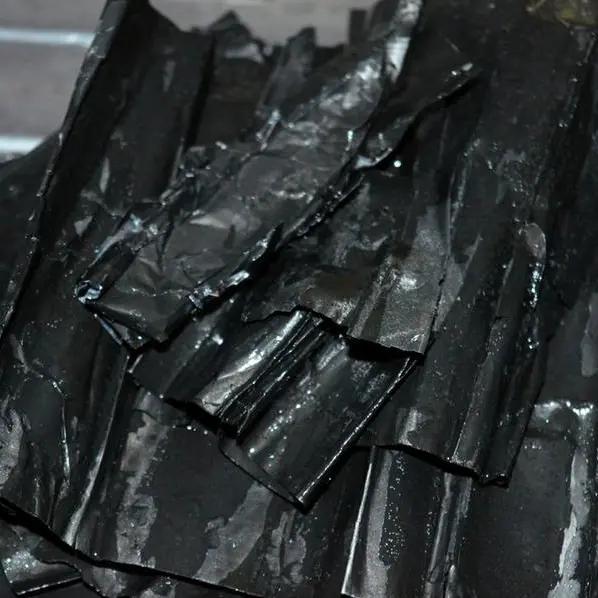PHOTO
Schneider Electric has been an early adopter of sustainability, launching the Schneider Sustainability Impact (SSI) tool in 2005 to monitor impact on people, planet and profit with an industry-leading sustainability barometer. In 2021, the company was named the world's most sustainable company by Corporate Knights in its annual index of the Global 100 most sustainable corporations globally.
"Since then, we have maintained our position among the top two or three most sustainable companies globally," said Sebastien Riez, Cluster President, Schneider Electric Northeast Africa and Levant, in an interview with Zawya Projects on the sidelines of COP28 in Dubai
The company's new SSI programme spans the 2021-2025 period and is built on six pillars, namely, to act for a climate-positive world; to be efficient with resources; to live up to its principles of trust; to create equal opportunities; to harness the power of all generations; and to empower local communities. These commitments, in turn, are underpinned by 11 concrete targets, deliverable by 2025.
Riez noted that a key target is reducing CO2 emissions by 800 million tonnes by 2025.
"We've successfully reduced emissions by 263 million tonnes by Q3 2023. We also committed to providing 50 million people with access to green electricity by 2025, and as of now, we have already reached 30 million individuals."
Globally, Schneider Electric is committed to achieving Net-Zero CO2 emissions (Scopes 1, 2 and 3) across its entire value chain by 2050 with an interim target of becoming net-zero ready for Scopes 1 and 2 by 2030.
"We also continue to walk the talk by addressing the carbon footprint of our products by leveraging green material, reducing transportation by localising production, and replacing harmful SF6 gas with dry air in medium voltage switchgear," said Riez.
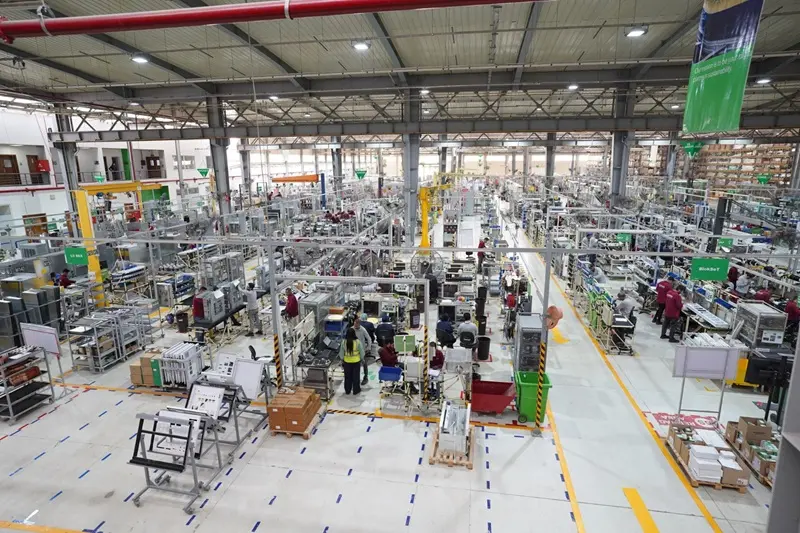

Excerpts from the interview
The Northeast Africa and Levant countries you are responsible for have diverse energy resource profiles and challenges. Since Schneider Electric is committed to bringing everyone along, including customers included, on its sustainability journey, how are customers responding to your messaging?
The countries under my cluster, namely Egypt, Iraq, Lebanon, Jordan, Malta, Syria, Libya, and Sudan, present diverse geographies and economic situations. But efficiency is on top of the sustainability agenda for most of these countries. By leveraging digitalisation, they can reduce costs because they produce less, consume better, and become more sustainable.
How are you pushing concepts like optimisation, efficiency and digitalisation in this cluster?
In this regard, we are fortunate to have solid references across key segments in Egypt owing to our 36-year presence there. With a workforce of 1,500 employees, we have successfully established centres of excellence in software, process automation, industrial automation, and energy management. We can showcase our projects and the return on investments these have generated to our prospective customers in other countries. When we get them talking face-to-face with our existing customers on-site, 90 percent of the job is done.
Which are the most important markets in your cluster?
Our largest market is Egypt, where we have invested more than €300 million over 36 years. In recent years, we have been increasing our investments in Iraq because we see good momentum in efficiency, sustainability and decarbonisation initiatives. The authorities understand that being more efficient cuts costs and helps the environment.
How do the countries within your cluster fare with regard to laws, rules and regulations that promote sustainability across sectors?
In Egypt, key real estate developers we are working with have told us that they expect some sustainability-related regulations to be enacted by 2030. We are already working with them in anticipation of these regulations, implementing projects, and delivering reports that attest to the results achieved. We are helping build the future regulation together with all the players.
There is a notable awareness of sustainability in Iraq. The primary concern in Iraq revolves around a shortfall in energy production capacity. They want to expand production capacity while prioritising efficiency. We are discussing the digitalisation of the electricity distribution network with the Ministry of Electricity to enable better monitoring and decision-making. With the Ministry of Oil and Gas, we are discussing the decarbonisation of their operations through digitalisation and electrification.
Could you also highlight some standout projects in which Schneider Electric has been involved?
A flagship project is the Distribution and Control Centre (DCC) project in Egypt, which aims to digitalise the country's entire power distribution network. The project is being implemented in stages as it spans 47 sites. The first stage, which consists of four DCCs, has been operationalised. It's a standout project because we worked with the national grid operator Egyptian Electricity Holding Company (EEHC) and the Ministry of Electricity and Renewable Energy and delivered the project on time despite pandemic-related challenges.
As per our calculations, our system has reduced technical losses by 8 percent, which translates into savings of 8 percent on electricity production. When the entire project is implemented at a national scale and operating at total capacity, it will result in a one percent reduction in the country's total emissions with a significant impact on environmental sustainability and overall emissions reduction efforts.
Is there a premium associated with sustainability? Is it a costly choice?
This is a wrong perception. More than ever, green is an investment. If you total the cost of all the natural disasters occurring more frequently than ever, you will see that going green has a strong return on investment and is far bigger and quicker than one might assume.
For example, we have a large office building in New Cairo, Egypt, with 600 employees. We invested several millions of euros in refurbishing it with Schneider Electric's products and solutions. After one year, we witnessed a reduction of 50 percent in energy bills and 30 percent in water consumption, and if we continue like that, our return on investment will be only three years, which is a very short period.
What are Schneider Electric's investment plans for the NEA and Levant cluster?
We will continue to invest in Egypt despite the current economic challenges. We recently announced an investment of €8 million to expand the Badr factory and add new production lines covering a total area of 10,000 square meters. The factory also serves other countries in the cluster and the broader Middle East and Africa region.
With Egypt hosting our regional centres of excellence, another important point is investment in people since Egypt enjoys a high level of education. It is easy to hire fresh graduates and train them with the help of existing teams who have been with us for more than a decade or two. We consider ourselves lucky to have very loyal teams, and we are also doing our utmost to care for them and ensure they continue to work with us. In fact, Schneider Electric Egypt has been named the best place to work in Egypt for the third year in a row.
(Reporting by Anoop Menon; Editing by Dennis Daniel)
Subscribe to our Projects' PULSE newsletter that brings you trustworthy news, updates and insights on project activities, developments, and partnerships across sectors in the Middle East and Africa.

